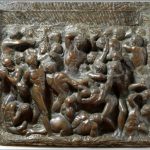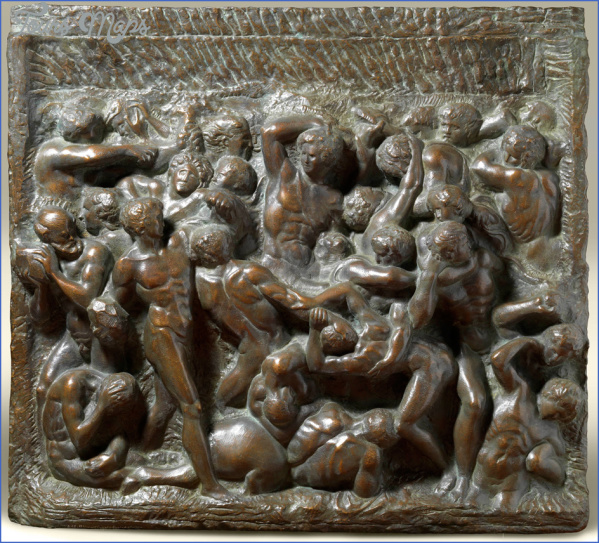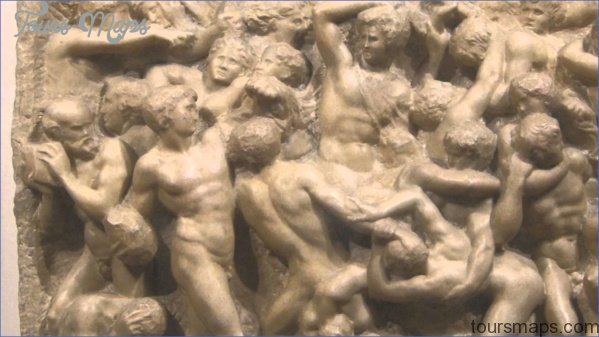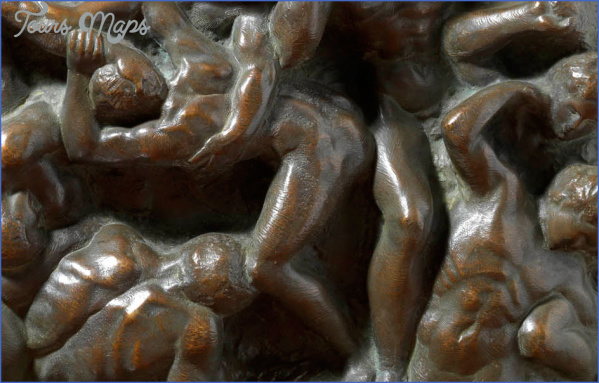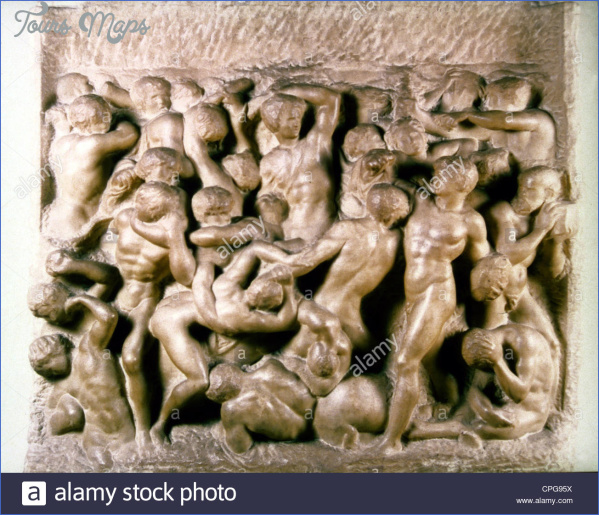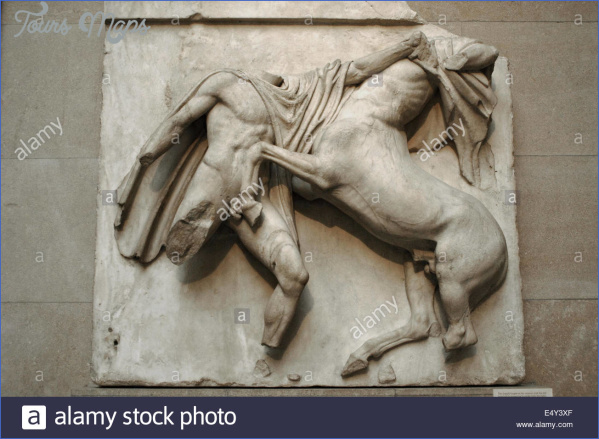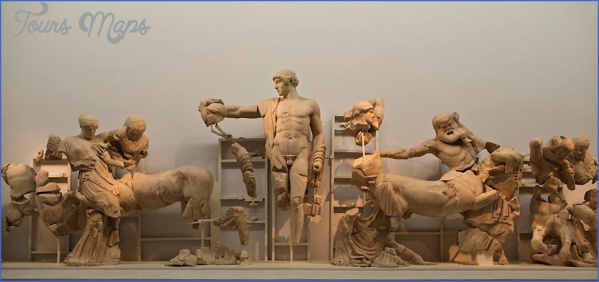Another wedding in a cave on Mount Pelion had dire repercussions for the Centaurs, when Peirithous (son of Zeus and Ixion’s wife Dia), ruler of the Lapiths, married Hippodameia (‘Horse-Breaker’). Peirithous was a friend of Theseus, the king of Athens, and shared many of his adventures, including the Calydonian boar hunt. So it was natural for Theseus to be Peirithous’ best man. Most of the gods attended, as well as local dignitaries and many of Peirithous’ Centaur cousins.
Wine flowed freely – which, for the normally abstemious Centaurs, was a disaster. Quickly drunk, they behaved like beasts. One tried to abduct Hippodameia; others assaulted wives of other guests. Theseus and the Lapiths sprang to Peirithous’ aid; Centaurs tore up trees as weapons or hurled boulders at their hosts. It was a ghastly brawl leaving many dead, but the Lapiths were victorious.
The Battle of the Centaurs & Lapiths Photo Gallery
Afterwards the Centaurs, alienated from their neighbours, left Pelion forever. Some wandered west to the high Pindus mountains; others, including Cheiron, trekked south to the Peloponnese, where a sad remnant again suffered the dire consequences of drink when Pholus entertained Heracles with a vintage skin of wine. Driven wild by its bouquet, the Centaurs stampeded, and Heracles was forced to protect himself by shooting them with his poisoned arrows. Not one Centaur survived.
Alcestis
Marriages made at or near Iolcus seemed doomed to disaster. Years earlier Admetus, the king of Pherae a few miles inland, had sought the hand of Pelias’ daughter, Alcestis. Pelias set the suitor a seemingly impossible test: to yoke a lion and boar to his chariot and drive it round the hippodrome in Iolcus. Helped by Apollo and Heracles, Admetus succeeded, but in his rush he forgot to sacrifice to Artemis. When he approached his marriage bed he found that it contained a nest of serpents. Terrified, he prayed to Apollo to avert Artemis’ anger, and it was a mark of the god’s love that he succeeded. Moreover, Apollo agreed that, when the time came for Admetus to die, he would be spared if one of his family sacrificed themselves on his behalf.
Soon afterwards Hermes, who conveys dead souls to Hades, arrived at Pherae to announce Admetus’ death. Frantically Admetus tried to find a surrogate to die instead of him, but only Alcestis agreed. Amidst bitter lamentations, the queen took her own life, while, left lonely and alive, Admetus was racked with self-blame. Euripides’ Alcestis tells how Heracles agreed to help. At the funeral, Heracles confronts Death, rescues Alcestis and leads her, veiled, back to Admetus; without revealing her identity, he bids him take her as his wife. Admetus is indignant, but at last the truth is revealed. Death has returned Alcestis; love has triumphed; and one myth at least has a happy ending.
Maybe You Like Them Too
- Theseus & Peirithous
- The Voyage of the Argo Begins
- Minos, his Loves & his Family
- The Centaurs
- Athens in History & Today

